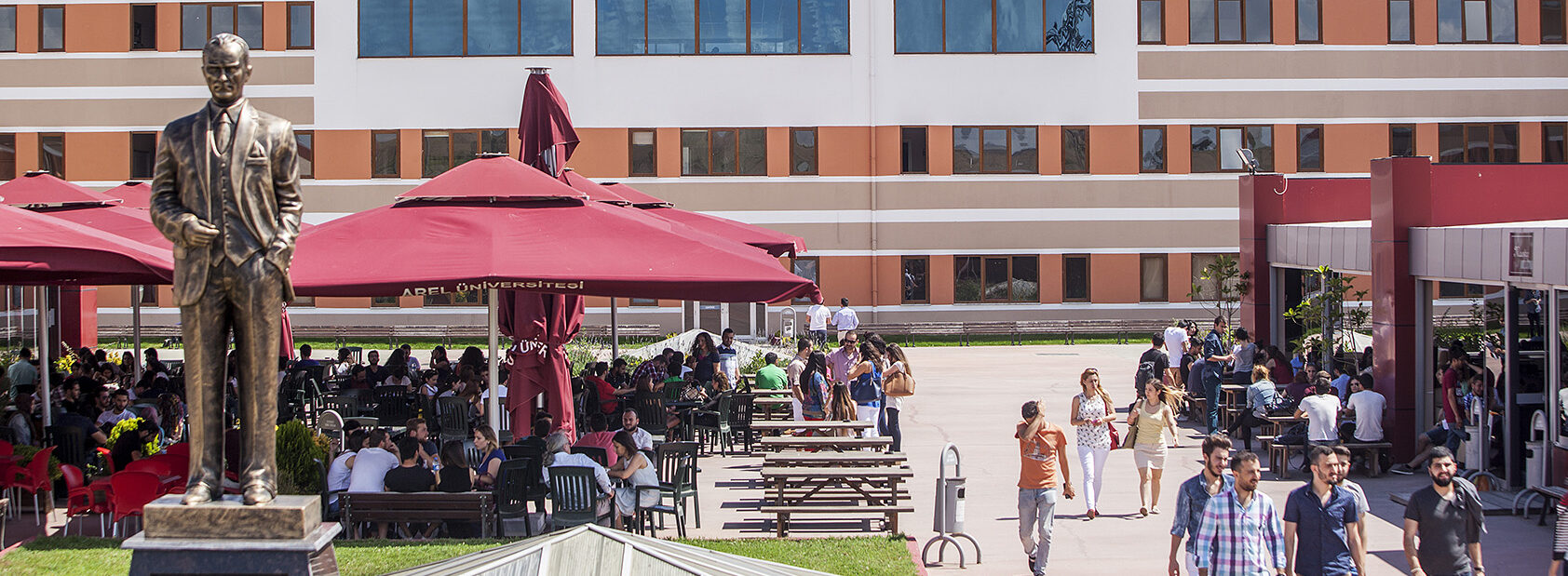Radiation therapy (RT), also called radiation therapy or shua therapy in the old sense, it is a treatment that has been applied to the local and regional treatment of cancer since the beginning of 21th century. Radiation Oncology in medicine is called the branch of science, since it is used very rarely in the treatment of benign diseases, except for cancer, because of its drawbacks. The rays used in the treatment are X- and gamma-photons, which are ionizing electro-magnetic radiations, and particle radiations such as electrons (beta rays, protons, etc.). In addition to the many negative effects of ionizing radiation on cells (membranes, cytoplasm and organelles), their most important feature is that even at very low doses, they lead to permanent damage to DNA, such as single or double chain fractures. As a result of this, it leads to death in our cells, which are constantly dividing and multiplying in a way that cannot be prevented, such as cancer cells, and it is the reason for its use in cancer treatment. But the most important drawback is that more resistant normal cells, which can survive even if their DNA is damaged, can become cancerous after many years. These treatments can be applied externally from the outside of the body with irradiation devices that produce ionizing radiation, or from the inside (brachytherapy) by placing (sealed) radioactive substances in the tumor/tissue or body cavities. It can also be in the form of radionuclide/radiopharmaceutical internal therapies that can be administered intravenously or orally, as well as in the treatment of thyroid cancer, which is a Nuclear Medicine practice and is performed with (unsealed) radioactive Iodine-131. Surgical techniques in the treatment of cancer, radiation therapy technology, and developed in medical oncology (effective in the primary tumor or metastases) which are applied in a systemic way drugs (chemotherapy, hormone therapy, immunotherapy, the smart molecules, monoclonal antibodies, tyrosine kinase inhibitors in combination with targeted therapies with fewer side effects made with the use (multidisciplinary treatment) with success rates are rising steadily. In addition to raising public awareness about cancer, mass screening such as mammography, cervical swab tests, colonoscopy, etc., vaccinations such as hepatitis B, HPV, dietary habits and lifestyle play an important role in this success. Today, thanks to advanced imaging studies, we can diagnose cancers at an earlier stage, as well as avoid unnecessary and useless treatments by performing accurate staging. Although cancer is very rare in childhood and adulthood, it is constantly on the rise after the age of 40 and is generally a more common disease in the elderly population. RT is used in 60%-70% of patients for the treatment of solid (mass-forming) tumors and RT finds less application in hematological cancers such as leukemia and lymphoma. About half of these treatments are treatments applied to patients who will receive complete healing, and the other part is palliative treatments applied to metastatic patients, which can contribute to survival even slightly and improve the quality of life by relieving symptoms. In order to shrink the tumor before surgery preoperative RT (e.g., cancer of the rectum), in order to shorten the duration of treatment and solid textures are better protect intraoperative or postoperative period after surgery, the most common way (generally with concomitant or sequential chemotherapy) in the style of adjuvant RT is applied.
Our department is located in the Department of Internal Medical Sciences of our Faculty, which began its education in 2020. Prof. Dr. Mustafa Cem UZAL is serving as Head of the Department. In Faculty of Medicine education, it is aimed to recognize the physical and biological effects of radiation, teach radiotherapy applications and indications, recognize early and late treatment-related side effects, and provide information about radiation accidents. We aim to train physicians who will study in our department and work in our country or abroad and who will be pioneers in many important scientific researches and innovations nationally and internationally.
Contact
Tel. 0850 850 2735-4070
E-mail: arel@arel.edu.tr




